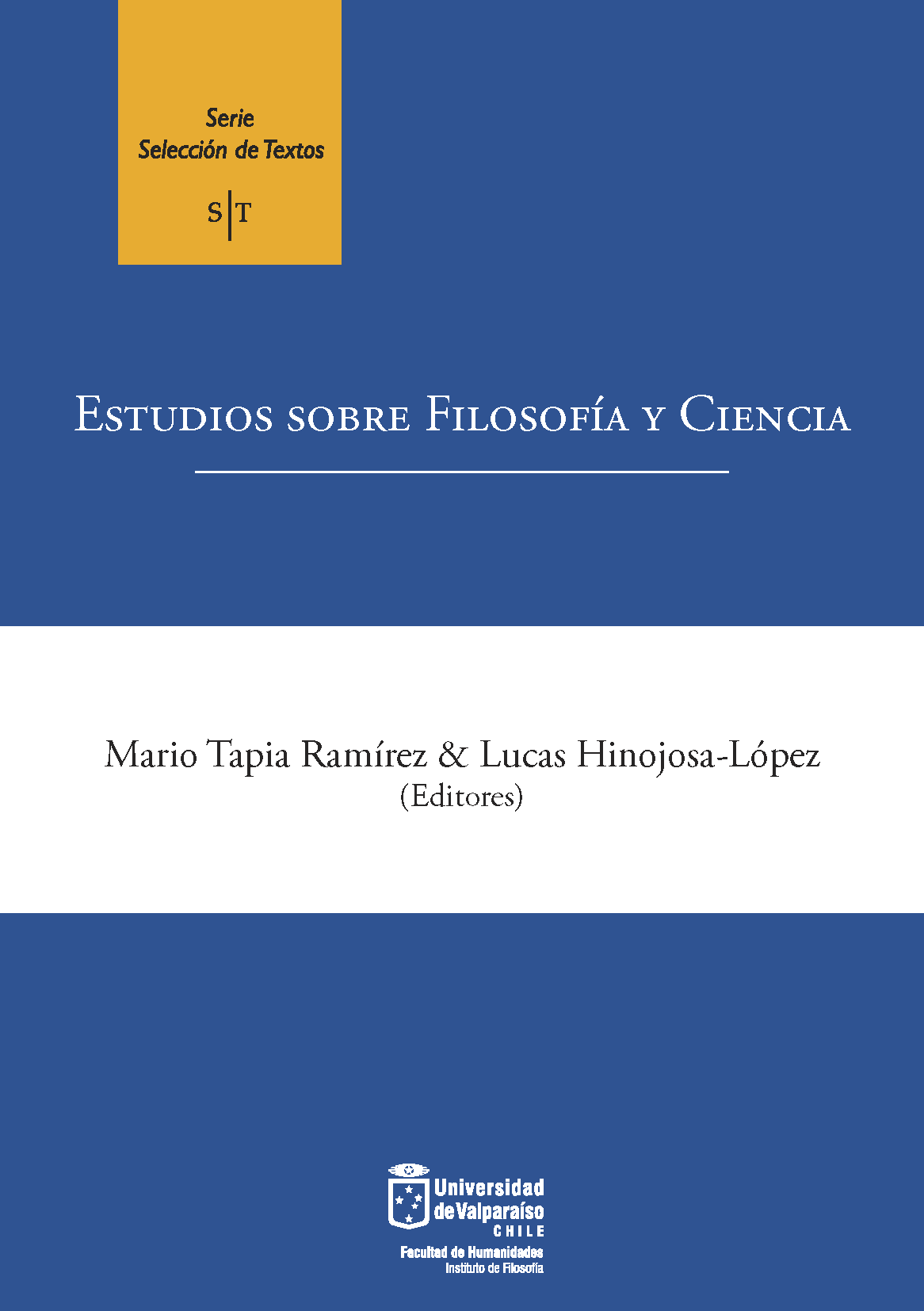Conspirativismo digital y demarcación científica: un acercamiento desde la etnografía virtual
DOI:
https://doi.org/10.22370/sst.2025.10.4892Keywords:
Conspirativism, demarcation, science, pseudo-science, posttruthAbstract
Conspiracy theories have enjoyed exponential growth in the last decade thanks to their viralisation through dierent digital platforms such as Telegram. These conspiracy communities have been criticized by classical philosophers such as Popper and Bunge for their abandonment of any form of scientificity. However, a detailed study of current conspiracy communities reveals that in such communities science ultimately retains epistemic authority. In the light of a historical análisis of the problem of demarcation since the Vienna Circle, in this essay we will develop how conspiratorial communities fallaciously redraw the boundaries demarcating science according to political rather tan epistemic criteria, as well as employing science terminologically for the defense of certain ideologies. Subsequently, we relate this new demarcation to emerging phenomena in social networks such as post-truth, conceptual windows or epistemic bubbles, highlighting their link with the vices associated with these conspiratorial communities. After that, we approach from a virtual ethnography to a conspiratorial Telegram group dedicated to the criticism of the 2030 Agenda, which considers it a hidden plot for the control of the population through ’scientific deceptions such as climate change or pandemics. Finally, following this critique, we propose certain transformations of the conventional science of social and feminist epistemology in order to reconfigure a public image of science that avoids the generation of this type of community or, at least, neutralizes it in the social imaginary.
Downloads
References
Brahms, Y. (2020). Philosophy of Post-Truth. Institute for Nationals Security Studies, pp. 1-19.
Bunge, M. (1982). Demarcating Science from Pseudocience. Fundamenta Scientiae, 3 pp. 369-388.
Bunge, M. (1985). Pseudociencia e ideología. Madrid: Alianza Editorial.
Bunge, M. (2014). Las pseudociencias ¡vaya timo!. Barcelona: Laetoli.
Feyerabend, P. (1982). La ciencia en una sociedad libre. Madrid: Siglo XXI Editores.
Gallo, A. (2019). Teorías de la conspiracionismo: de la paranoia al genocidio. Estudios humanísticos. Filología, 41, pp. 217-243. doi: 10.18002/ehf
García, J. (2018). La posverdad en la difusión de la información científica. La posverdad y las noticias falsas: el uso ético de la información , pp. 177-201.
Hansson, S. (2021). Science and Pseudo-Science. The Standford Encyclopedia of Philosophy. https://plato.stanford.edu/archives/fall2021/entries/pseudo-science/. Consulta: 09/10/2023.
Kitcher, P. (2011). Science in a Democratic Society. Londres: Prometheus Books.
Lakatos, I. (2018). La historia de la ciencia y sus reconstrucciones racionales. En Hacking, I. (ed.) Revoluciones científicas (pp. 204-242). Ciudad de México: Fondo de Cultura Económica.
Lara, P. (2017). ‘Homo Facebook’: ventanas conceptuales, posverdad y burbuja algorítmica. COMeIN, 71. doi: https://doi.org/10.7238/c.n71.1767
Laudan, L. (1983). The demise of the demarcation problem. En Cohen, R. Physics philosophy and psychoanalysis. Boston: Library of Congress Cataloging in Publication Data.
Longino, H. (1990). Science as Social Knowledge: Values and Objectivity in Scientific Inquiry. Princeton: Princeton University Press.
Meyer, M., Oeberst, A., & Imho↵, R. (2022). How Do Conspiratorial Explanations Di↵er from Non-Conspiratorial Explanations? A Content Analysis of Real-World Online Articles. European Journal of Social Psychology. doi: 10.1002/ejsp.2903
Popper, K. (1962). Conjectures and refutations. The growth of scientific knowledge. Nueva York: Basic Books.
Popper, K. (1994). La sociedad abierta y sus enemigos. Barcelona: Paidós.
Ramonet, I. (2023). La era del conspiracionismo. Trump, el culto a la mentira y el asalto al Capitolio. Madrid: Siglo XXI Editores.
Riechmann, J. (2020). La crisis del coronavirus y nuestros tres niveles de negacionismo. The Conversation. https://theconversation.com/la-crisis-del-coronavirus-y-nuestros-tres-niveles-de-negacionismo-134749. Consulta: 09/10/2023.
Tacoronte, M. (2020). Helen Longino. Una epistemología empirista y pluralista. Cuestiones de género: de la igualdad y la diferencia, 15 , pp. 51-70.
Urteaga, E. (2013). Percepción estudiantil de la ciencia y tecnología en el País Vasco. Sociología y Tecnología. Revista Digital de Sociología del Sistema Tecnocientífico, 4(1) , pp. 58-74.
Zafra, R. (2017). Redes y posverdad. En Fanés, J. y Maldonado, M. (eds.). En la era de la posverdad. Madrid: Calambur.
Downloads
Published
How to Cite
Issue
Section
License

This work is licensed under a Creative Commons Attribution-NonCommercial-NoDerivatives 4.0 International License.

